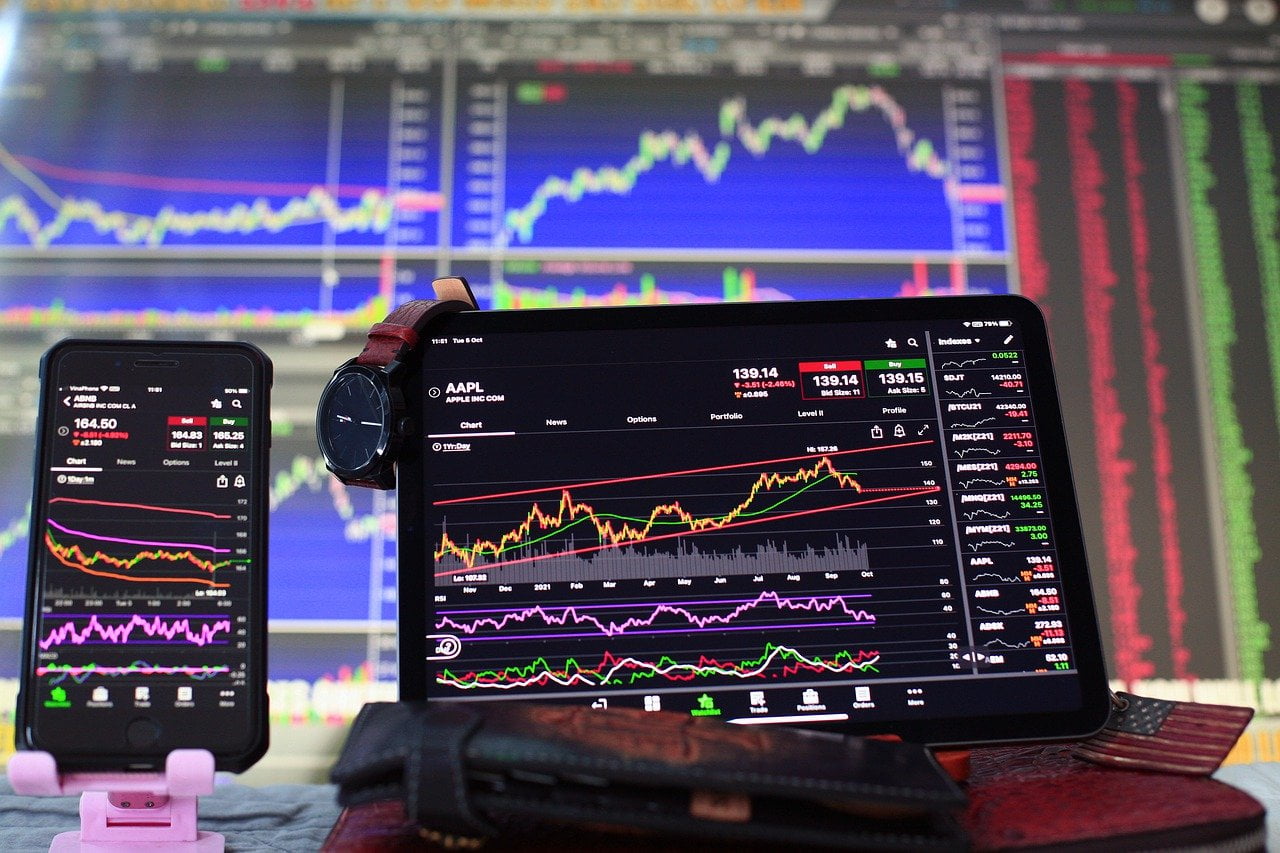“Jumping wheat prices and data indicating a fresh slowdown in China’s economy are the unsettling indicators being absorbed by investors at the start of the week. The FTSE 100 opened 0.5% lower, before regaining ground as a picture emerged of a big drop off in demand in China. Retail sales have plunged in the world’s second largest economy as a result of the drastic lockdowns brought in to try and curb the spread of Covid. The monthly sales drop of 11.1% was a dramatic fall and industrial output also slid by 2.9% showing the toll the zero-covid policy has had on the economy. Restrictions in Shanghai are finally easing, but there is a risk that fresh infections will pop up elsewhere, leading to yet more restrictions which would continue to restrain a recovery.
Q1 2022 hedge fund letters, conferences and more
Vodafone Leaps To The Top Of The FTSE 100
Vodafone Group plc (LON:VOD) leapt to the top of the FTSE 100 after it emerged the Abu-Dhabi based Emirates Telecommunications Group had acquired a 9.8% stake making it the biggest shareholder. It sees good opportunities for growth ahead for Vodafone and it’s likely that its leading position in several markets across Africa piqued its interest in particular. Vodafone has struggled in its more mature markets where cost appears to be the main driver of consumer choice so expanding its geographical reach across the continent and expanding further into mobile financial services looks set to be a continued focus.
India’s skittish move to ban wheat exports, amid supply worries due to the intense heatwave, has heightened the risk of global food shortages, and risks adding another dash of fuel to the inflation fire. With such a major wheat exporter introducing curbs, it’s causing fresh commodity chaos on exchanges, with the price of wheat futures contracts traded in Chicago leaping by almost 6%, to the highest level in two months.
This is another domino effect of the invasion of Ukraine, which disrupted supplies from the region and led to a sharp increase in prices and higher demand for India’s crops, making its inflation problem even more acute.
Although Modi’s administration says it’s temporary and contracts with countries facing food security issues in the region will be honoured, this will only increase the price of essential ingredients like flour for many manufacturers, and pile more pressure on consumers grappling with the cost-of-living crisis.
Greggs' Worries
Greggs plc (LON:GRG) is clearly worried that the big squeeze on disposable incomes may lead to some flakier sales in months to come. Already cost pressures had been increasing and given that flour is an essential ingredient for its array of baked treats, rising wheat costs will be adding to concerns. It has reported a rise in first quarter sales but that figure was given a lift as it compares to last year’s lockdown period. It’s also still suffering from the working from home trend, with sales at big city stores still half-baked compared to other locations across its network. But Greggs is already undergoing a restructure of its footprint of stores and has been shown to be adept at refocusing where demand will be higher. Its takeout options are also likely to stay reasonably resilient over the longer term even as the economy is set to slow further, given their value price point and popularity.
There had been high hopes that by now the airlines would be riding high on a burst of pent-up demand from holiday makers but a warning from Ryanair Holdings plc (NASDAQ:RYAAY) today that recovery remains fragile, has sent companies into a fresh bout of turbulence. Losses may be narrowing but passengers still appear nervous about making advance plans, given that the company is still having to keep slashing prices to bring bookings in. The company is blaming the uncertainty unleashed by the invasion of Ukraine and the ongoing covid situation for its lack of guidance for the coming year. This has had a knock on effect on easyjet’s share price, as worries about labour costs also rise amid the news that it’s offering bonuses to try and retain staff as the industry grapples with the labour crunch."
Article by Susannah Streeter, senior investment and markets analyst at Hargreaves Lansdown
About Hargreaves Lansdown
Over1.7 million clients trust us with £132.2 billion (as at 30 April 2022), making us the UK’s number one platform for private investors. More than 98% of client activity is done through our digital channels and over 600,000 access our mobile app each month.






